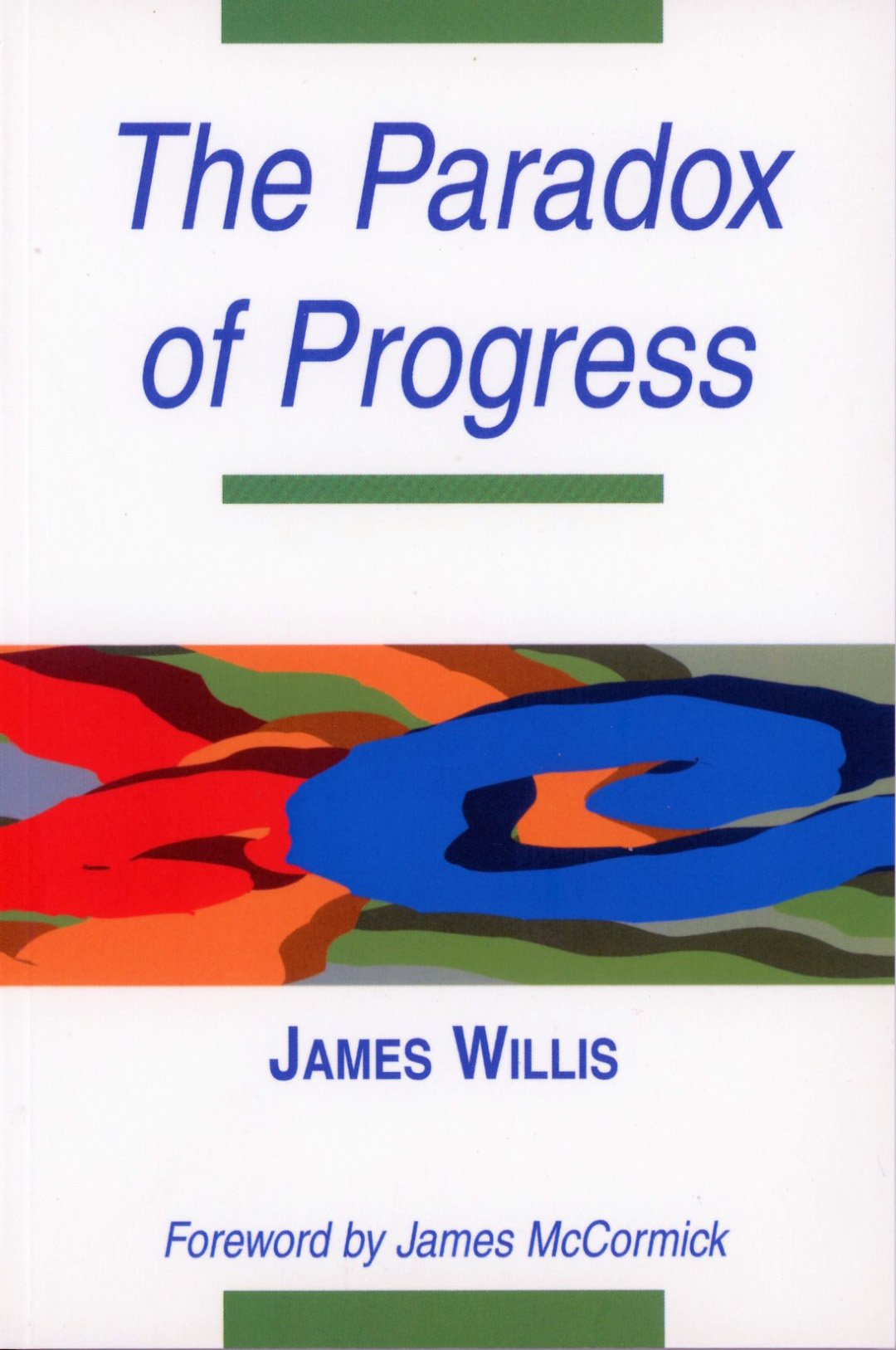
The Paradox of Progress
On Sale
£4.00
£4.00
This book, which I wrote towards the end of my career as an NHS GP, struck an extraordinary chord, not only with medical colleagues but with people in all walks of life who happened to come across it.
Reprinted three times before Radcliffe Medical Press was taken over, The Paradox of Progress has been out of print for years. I posted the text on my personal website years ago but this is the first time an electronic version has been available for download. This edition includes an appendix with my collection of unsolicited appreciation from everyone from school teachers to a ballet student in Switzerland.
25 years have gone by since I poured my heart into writing these words, but I stand by them all and they seem every bit as desperately important. I am thrilled that technology has made them potentially available to a new and wider readership at the affordable price I always hoped for.
Reprinted three times before Radcliffe Medical Press was taken over, The Paradox of Progress has been out of print for years. I posted the text on my personal website years ago but this is the first time an electronic version has been available for download. This edition includes an appendix with my collection of unsolicited appreciation from everyone from school teachers to a ballet student in Switzerland.
25 years have gone by since I poured my heart into writing these words, but I stand by them all and they seem every bit as desperately important. I am thrilled that technology has made them potentially available to a new and wider readership at the affordable price I always hoped for.
Professor James McCormick's foreword to the original (1995) printed edition:
James Willis has written a book that is both delightful and important. It is delightful because it is full of the very stuff of general practice, not the technical problems of diagnosis and therapy, but the human problems of people in distress. It also provides a moving portrait of a man who loves his work. This is because he satisfies one of the few important criteria of being a general practitioner, 'he likes the human race and likes its silly face'.
It is an important book because it is about those things which matter but are ignored increasingly. James Willis' central thesis is that preoccupation with technology and the 'measurable', seen as progress, has led to the relative neglect of those things, no less important, which cannot be measured. Who at the end of this century extols the virtues of wisdom and judgement? While The Paradox of Progress is set within the context of general medical practice, it is immediately accessible to those with no medical training.
As is appropriate for a generalist James Willis has drawn on a wide variety of sources and the book ends with a stimulating and catholic Further Reading section.
This is, in many respects, a serious book, but the touch is so light and so often illuminated by wit, that reading it is a joy and the journey is fun. I would wish it the wide readership it deserves.

